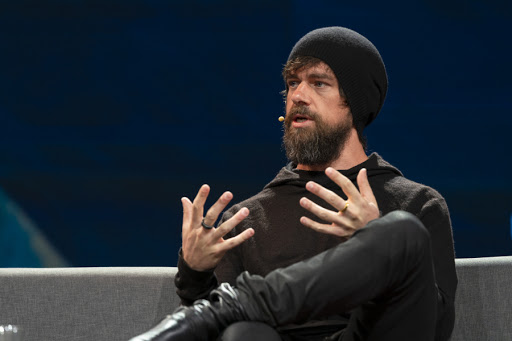
Twitter founder, Jack Dorsey, has appointed three Nigerians and one South African to act as the board of his Bitcoin Trust (BTrust) fund which will be disbursed for development in Africa and India.
In February, Dorsey, who resigned as Twitter CEO late November, had announced a BTrust [with the ‘B’ carrying bitcoin symbol] in collaboration with American rapper, Shawn “Jay Z” Carter.
BTrust is a fund with 500 BTC capital base worth N10,014,265,775.40 ($24,426,230), when pegged to late Monday’s market price $48,815.35, and will be managed by four Africans, without oversight from Dorsey or Jay Z.
In a late statement released on his Twitter page on Wednesday, Dorsey revealed the identities of the BTrust board, three of whom are Nigerians; Abubakar Nur Khalil, Obi Nwosu, Ojoma Ochai, and South African, Carla Kirk-Cohen.
Who are BTrust board members?
The individuals were selected from a pool of 7,000 applicants who applied to be on the board, which was initially meant to be occupied by three directors.
Obi Nwosu is the Co-founder of Coinfloor, a serd-level cryptocurrency startup, which has raised $300,000 in funding round.
Ojoma Ochai is the Managing Partner at CcHUBCreative (Co-Creation Hub), a technology innovation workspace, accelerating startup growth in Nigeria and selected part in Africa – CcHUB has raised $5.5 million to aid its operation.
Abubakar Nur Khalil is a bitcoin core contributor, and had received $50,000 in BTC for his work on Bitcoin wallet software from Human Rights Foundation (HRF) in May 2021.
Khalil is also the CTO of Recursive Capital, an earlyon-stage crypto VC fund, supporting founders building critical web 3.0 infrastructure.
Carla Kirk-Cohen is a software engineer at Lightning Labs. She previously worked for Luno, a South African cryptocurrency Exchange and Wallet firm, working on the crypto-ops team.
CBN rule to affect BTrust Nigerian beneficiaries
While the BTrust funds will be disbursed in India and Africa, it’s unsure how it will work in Nigeria considering the Central Bank of Nigeria (CBN) has banned cryptocurrency activities in Nigeria.
This threatens the benefit available for Nigerians, although the court in the country has ruled that the CBN circular outlawing cryptocurrency isn’t law or supported by the constitution.
However, the CBN hasn’t publicly acknowledged the ruling, and the Godwin Emefiele-led financial regulator has continued to clampdown on bitcoin and possible crypto bank accounts through Nigerian commercial banks.
Any account that receives large amount and owned by a youth is targeted and closed by banks like Guaranty Trust Bank, Zenith Bank, Kuda and other industry players.
This creates a bottleneck around the channel the funds will be disbursed to Nigerian beneficiaries, considering the purpose, sender and recipient will likely be stated on documents.









